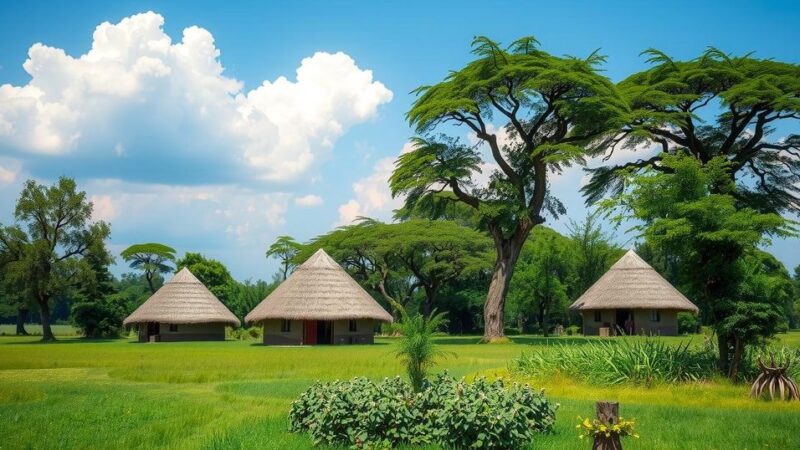The cyclone that struck Mayotte highlights the urgent need for global action on climate change. Brazil offered condolences and emphasized the necessity for adaptation strategies to combat extreme weather. Brazil, which will host COP30 in 2025, is advocating for stronger international efforts to reduce emissions and support vulnerable nations in climate resilience.
The recent cyclone disaster in Mayotte, a French territory in the Indian Ocean, has brought to light the urgent need for enhanced global adaptation strategies to combat climate change. Brazil extended its condolences to the victims of Cyclone Chido, which has been identified as the most severe storm to affect Mayotte in nearly a century, resulting in significant loss of life and destruction. In light of this tragedy, Brazil emphasized the necessity for nations to intensify their efforts in mitigating the impacts of climate change, citing the alarming frequency of extreme weather events as a driving force for action.
Brazil, which currently holds the G20 presidency, is set to host the forthcoming UN climate change conference, COP30, scheduled for November 2025 in Belém, situated within the Amazon region. The Brazilian government, in its statement of solidarity and support, conveyed its grief over the calamity faced by Mayotte’s population, which is largely comprised of impoverished communities vulnerable to such natural disasters.
As a leading advocate for international climate action, Brazil has been pushing for more ambitious measures to cut greenhouse gas emissions since the return of President Luiz Inacio Lula da Silva. The nation has recently announced plans to further reduce emissions and is advocating for developed countries to provide substantial funding for the climate-related initiatives of developing nations. This recent cyclone underscored the critical nature of adapting responses to climate challenges as Brazil continues to emphasize the importance of international cooperation in addressing climate change.
The recent cyclone in Mayotte underscores a growing concern regarding climate change’s impact on vulnerable communities. Extreme weather events, such as Cyclone Chido, have become more frequent across the globe, prompting urgent calls for nations to adapt their strategies towards climate resilience. Brazil, currently in a prominent position through its G20 presidency and the upcoming COP30 conference, is leveraging this moment to advocate for stronger international commitments to combat climate change and support impacted nations. The cyclone’s devastation reflects broader challenges posed by climate change, especially in regions with inadequate infrastructure.
In conclusion, the calamity in Mayotte serves as a stark reminder of the urgent need for enhanced global actions to adapt to the realities of climate change. Brazil’s leadership in advocating for international collaboration and stronger commitments to reduce greenhouse gas emissions is vital in addressing this pressing issue. As nations gather for climate discussions in the coming years, the emphasis on adaptation strategies will be crucial to safeguarding vulnerable populations against future natural disasters.
Original Source: www.barrons.com







